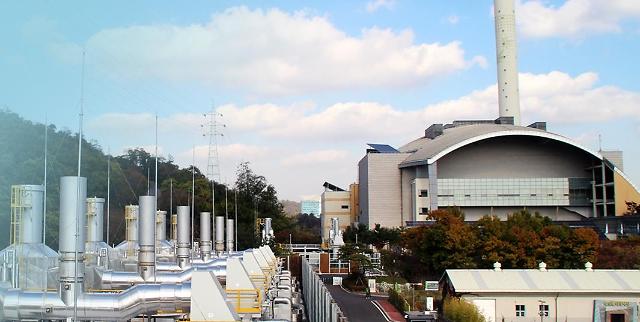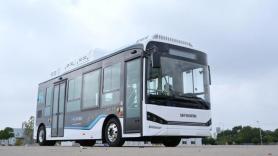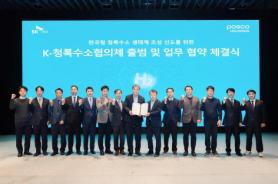
[Courtesy of Noel Green Energy]
Hydrogen fuel cell power plants use hydrogen separated from liquefied natural gas (LNG) to fuel power generators. When electricity is generated, it is stored in an energy storage system (ESS) which is basically an integrated system of battery packs. ESS is connected to a local power grid to provide power to nearby towns or sell electricity back to state power companies.
North Gyeongsang Province said in a statement on April 12 that it signed a memorandum of understanding with Korea Hydro & Nuclear Power (KHNP), Gyeongju City, Uiduk University and Seorabeol City Gas, a local gas provider, to kick-start a 100 billion-won project aimed to build a 20MW-class hydrogen fuel cell power plant inside Uiduk University by the end of 2022.
"This MOU holds a great meaning as it represents a coexistent local development model involving local governments, corporates and a university," Ha Dae-sung, vice governor for the province's economic planning, was quoted as saying.
Hydrogen power generation is a renewable zero carbon-emission power generation method. Unlike wind farms and solar panels, hydrogen power generation can be operated at any time of the day. Hydrogen-fueled power plants are in service in Seoul and the southern port city of Busan.
Copyright ⓒ Aju Press All rights reserved.




